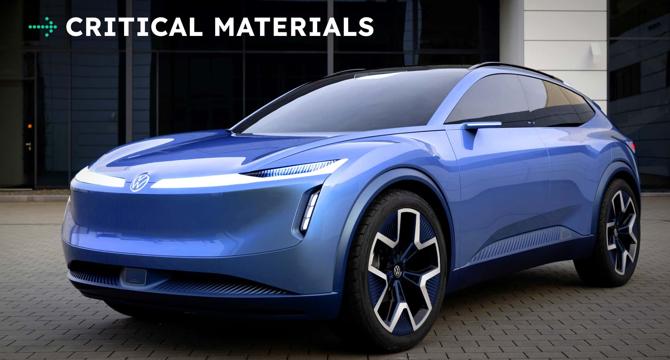Insideevs
1M
58

Image Credit: Insideevs
Volkswagen Plans To Hit Back Where It Matters Most
- Volkswagen and other Western car companies are struggling in the Chinese market as local competitors excel in making advanced electric vehicles and catering to Chinese buyers' preferences.
- To compete, Volkswagen is customizing its offerings for Chinese consumers and partnering with local firms like Xpeng and FAW Group for technology expertise.
- VW plans to launch six electric vehicles, two plug-in hybrids, and two range-extended EVs in China from 2026 onwards, focusing on digital features and autonomous driving capabilities.
- The strategic agreement with FAW Group aims to adapt to changing customer demands quickly, with a new technology setup exclusively tailored for the Chinese market.
- By streamlining product releases and collaborating with Ecarx for advanced software suites, Volkswagen is accelerating its efforts to keep pace in China's competitive automotive landscape.
- Honda is set to procure hybrid batteries from Toyota's U.S. plant, aiming to minimize the impact of potential tariffs and meet demand for hybrids in the American market.
- Toyota plans to increase its sales of electric models and hybrids in North America, with Honda's battery purchase contributing to cost reduction and supply chain optimization.
- BYD, a Chinese EV giant, is considering establishing a third assembly plant in Germany to expand its European presence and counter potential anti-China tariffs.
- With production facilities in Hungary and Turkey, BYD aims to boost production capacity and introduce hybrid technology as part of its European expansion strategy.
- Collaborations and partnerships in the automotive industry, like VW-Rivian, Toyota-Honda, and BMW-Huawei, are increasingly common as companies navigate the shift towards electrification and advanced software.
- Readers are encouraged to share their ideas for future automotive team-ups, such as supporting Mazda in producing appealing EVs for the U.S. market.
Read Full Article
3 Likes
For uninterrupted reading, download the app